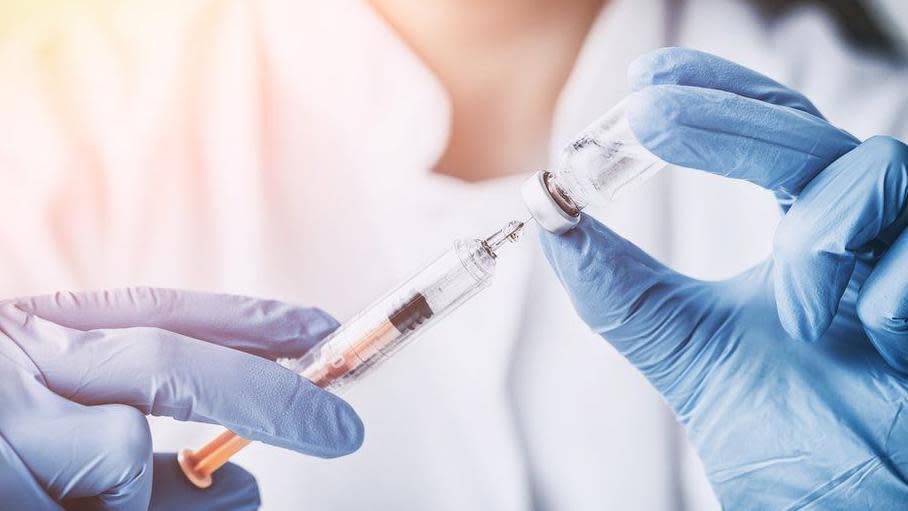US pays Moderna $176m to develop bird-flu jab

The US government has given Moderna $176m (£139m) to develop a messenger-ribonucleic-acid-based (mRNA) pandemic influenza vaccine that would work against bird flu.
It says it wants to be "better prepared" for public-health crises, having learned lessons from Covid.
Bird flu is not a big threat to people, despite outbreaks in poultry and cattle.
But experts want a working vaccine that could be quickly rolled out, in case the virus mutates and becomes a problem.
Vaccines using mRNA technology - which the Moderna's Covid jab is also based on - can be produced more quickly.
And the US government says adding this technology to its pandemic-flu toolkit enhances its ability to be "nimble and quick" against bird flu.
The $176m, from the US Biomedical Advanced Research and Development Authority, will be used to complete late-stage development and testing of Moderna's vaccine against H5N1 avian influenza.
Potentially fatal
This strain has been around for years in birds - but some other animals, including cattle, have become infected in recent outbreaks.
Some believe the virus might one day change and start spreading easily among humans, with potentially serious consequences.
So far, there is no sign of this.
There have been some rare cases of people catching it after coming into contact with sick animals.
In people, the virus can cause symptoms ranging from mild illness, such as upper-respiratory and eye infections, to potentially fatal disease such as pneumonia, according to the US Centers for Disease Control.
Moderna began early tests of its mRNA bird-flu vaccine in 2023, with healthy adult volunteers.
The results, expected later this year, will inform the next steps, it says.


